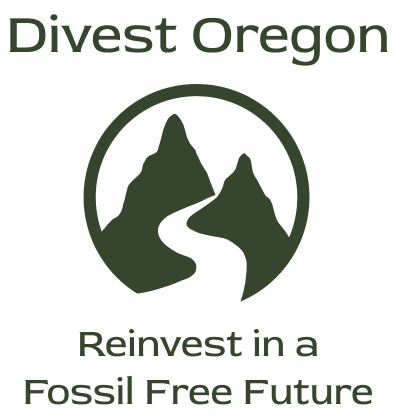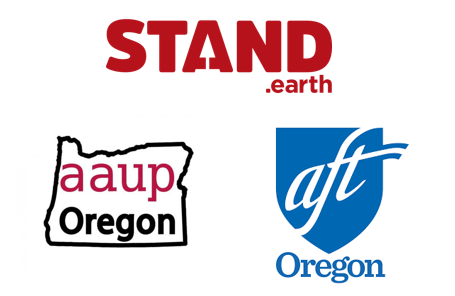Oregon Treasury’s Investment Screening Failures
PERS Fossil Fuel Investments Fund
Human Rights Violations,
Community Destruction, and
Climate Chaos
A Report by Divest Oregon
October 2025
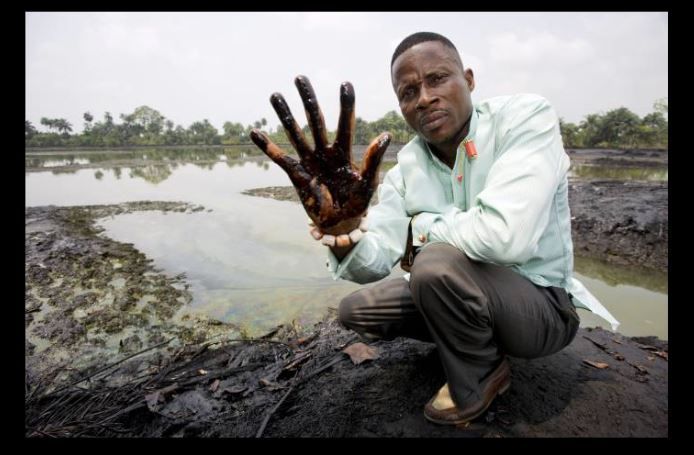
Marten Van Dijl/EPA
Divest Oregon examines Treasury investments
and its screening process - or lack of one.
Case studies highlight investments that ...
- worsen the climate crisis
- violate people’s right to a healthy environment
- threaten or cause severe injury, for example by failing to respect labor standards or Indigenous Peoples’ right to free, prior and informed consent before a project is built on their land, and
- cause negative consequences to state employees’ retirement savings that the Oregon Treasury manages.
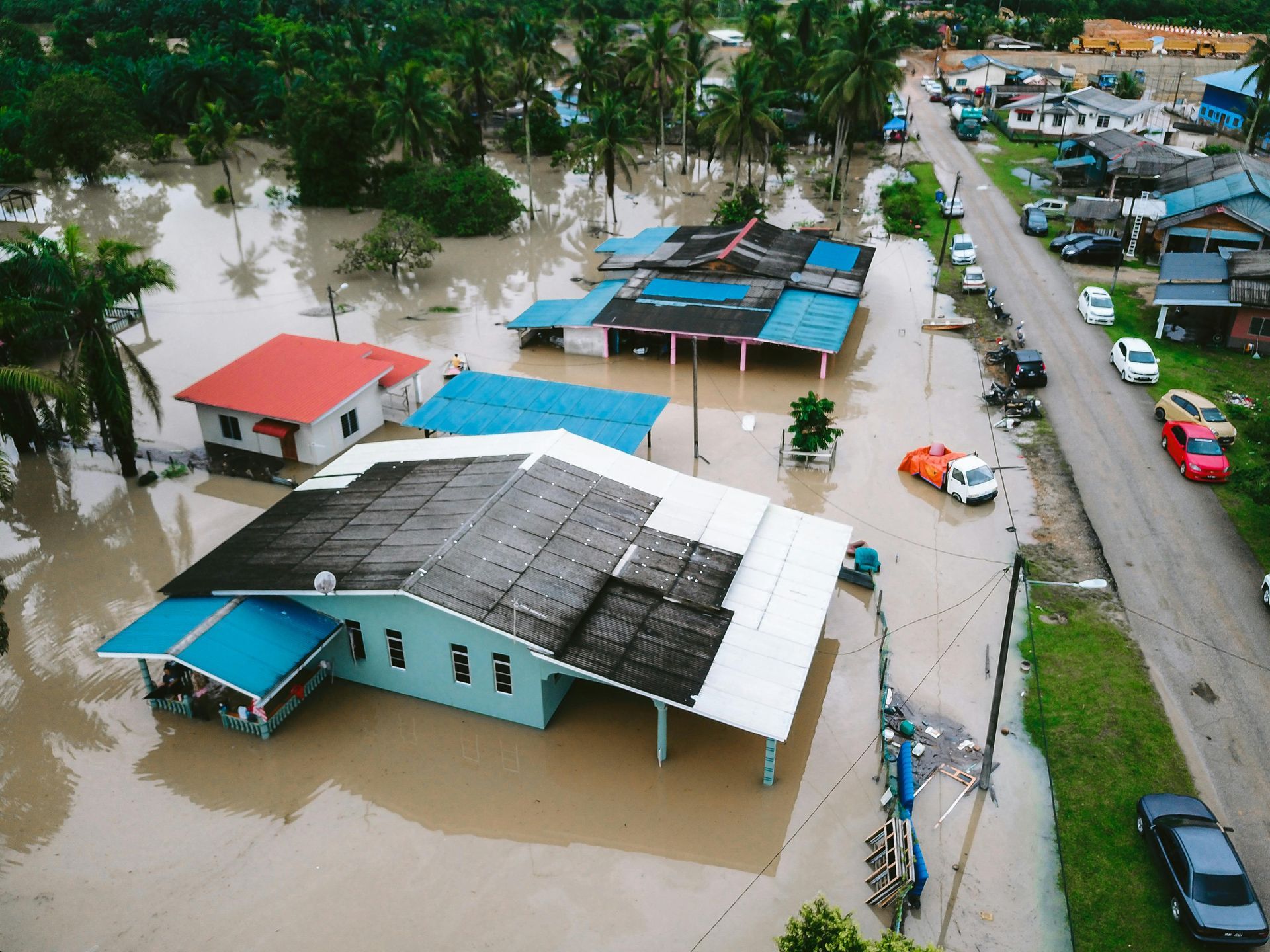
Pok Rie
How did it happen that the Treasury made investments with
such negative impacts?
Screening investments is the key
Divest Oregon calls on the Oregon State Treasury
to adopt an investment policy to:
End investments in fossil fuels since they pose a long-term
financial, health, and climate risk
Create an effective screening process that supports OST’s fiduciary and statutory obligations
and protects current AND future beneficiaries,
while vetting potential investments for their impact on climate degradation
Scale up investments in renewables and proven climate energy solutions
Finance projects and companies that respect Indigenous People's rights, including the right to
Free, Prior and Informed Consent, and demonstrate a pattern of respecting
human rights and fair labor practices, by using a
just transition framework for all investments
Case Studies of Projects
Oregon's Public Employee Funds Support
Failures or Not?
Global Infrastructure Partners (GIP) Fund V: Rio Grande LNG Export Terminal
A case study which graphically illustrates why the Oregon Treasury needs to improve its investment screening
Late in 2022, the Treasury promised a climate-focused overhaul of pension fund investments. Shortly after that, OST committed hundreds of millions of public employee retirement funds to a private equity firm to construct a liquid natural gas (LNG) export terminal. Global investors had already retreated from investment in the flawed plan. The enormous proposed terminal on the Texas Gulf coast is on sacred Indigenous land. Tribal leaders have been fighting the terminal plan for years, and in 2023 traveled to Oregon to ask the OIC to pressure the fund to kill the project. A permit for construction was not issued until 2025, under the new administration. The earliest projected completion date is 2030. There is unlikely to be a market for LNG if the terminal is completed but the project damage to the community will live on.
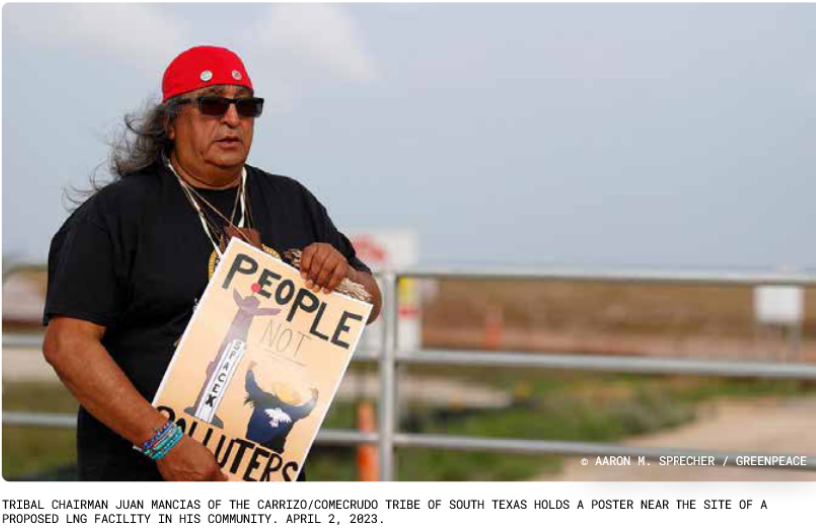
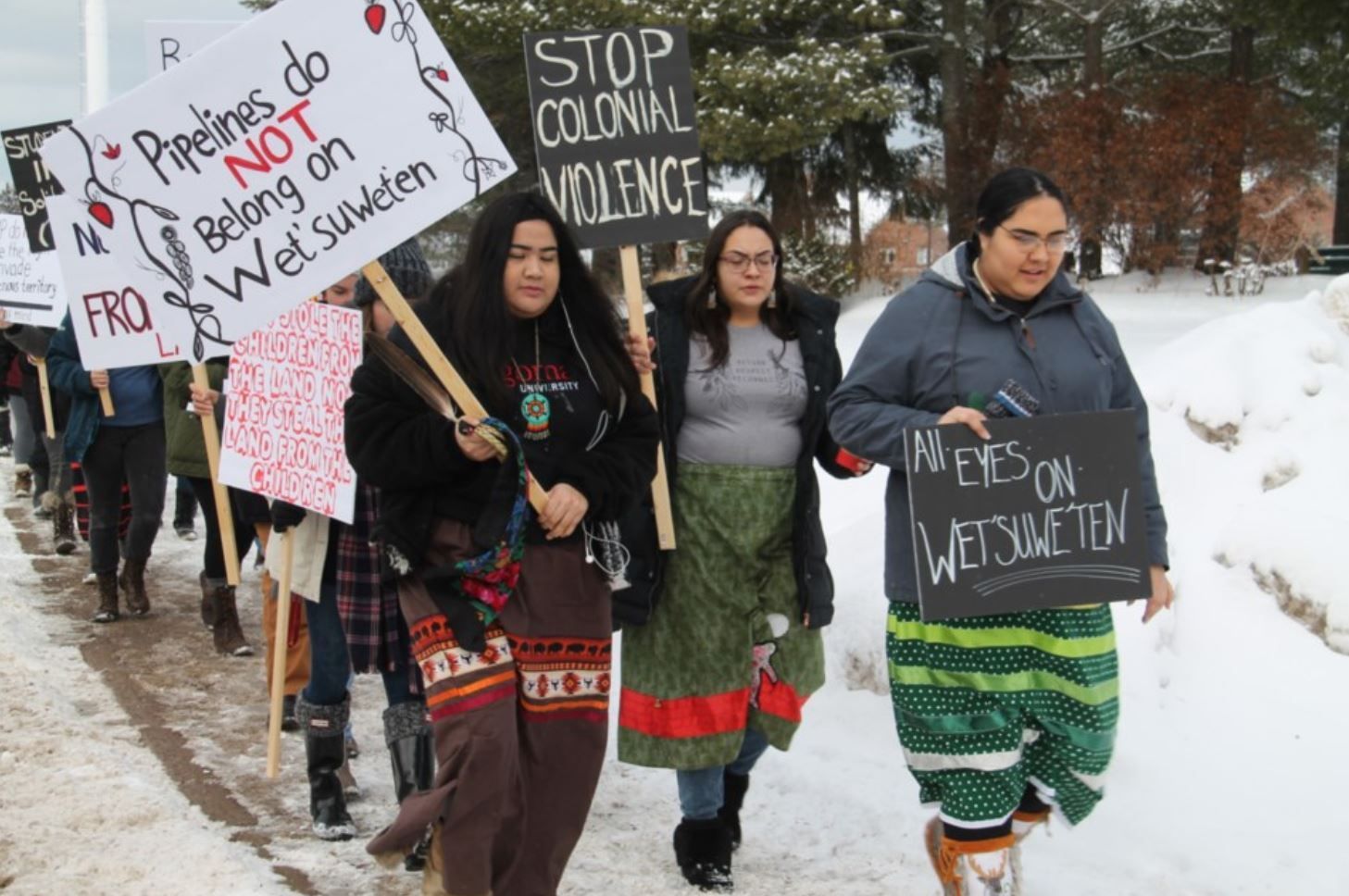
Darren Taylor/SooToday
Protestors oppose the BC Coastal GasLink pipeline project in solidarity with Wet'suwet'en First Nation.
TC Energy: Coastal GasLink
Pipeline construction at the expense of Indigenous people
OST bought stock in TC Energy; TC Energy built the Coastal GasLink Pipeline to deliver fracked gas from British Columbia to a liquified natural gas (LNG) export facility on the West Coast. Wet’suwet’en hereditary chiefs oppose having the pipeline traverse their unceded territory without their consent. Their resistance and the violent response to it has been one cause of project delay and cost overruns. The pipeline is completed; the company continues to be fined repeatedly because of environmental destruction caused by flawed construction.
Another project by TC Energy is the GTN XPress Pipeline Expansion that cuts through the center of pristine Oregon wilderness.
Blackstone and ArcLight Capital: Gavin Coal-Fired Power Plant
Responsible for the demise of an entire Ohio community
Before the Oregon Treasury invested in the private equity firms that owned Gavin Power, the coal-fired plant had been cited by the EPA for dumping toxic coal waste and contaminating groundwater; it had literally destroyed a neighboring community. After the Oregon Treasury invested, continued emissions made it the sixth-largest CO2 emitting coal plant in the United States. In the face of pressure to shut the plant down, it has been sold to two private equity firms in which OST is invested. The current owners’ stated intention is to continue operating the plant.
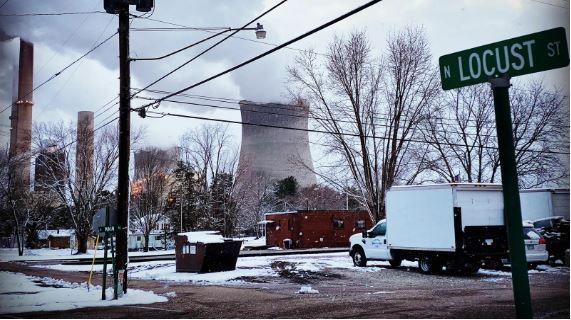
Harmon Leon
Cheshire Ohio was once a bustling small town, but now the majority of its residents have gone.

Incomel/Getty Images
ConocoPhillips: Willow Project
30 years of massive new carbon emissions
OST has millions invested in ConocoPhillips stock (as of the most recent public data). A global company, ConocoPhillips is Alaska's largest crude oil producer and largest owner of exploration leases. The impact of the Willow Project pipeline on the Indigenous population includes both destruction of their livelihood and way of life and extreme threat of environmental destruction and catastrophic gas leaks. Questions remain about the impact of thawing permafrost on drilling and whether there is any credible business case for a pipeline scheduled to begin producing oil in 2029. ConocoPhillips says it plans significant oil exploration in the winter of 2025 in Alaska.
ExxonMobil and TotalEnergies in Mozambique
Tragedy upon tragedy: Bulldozed villages, forced relocations, guerilla war
OST did not invest in Mozambique specifically, but buying stock in fossil fuel giants ExxonMobil, Eni and TotalEnergies means investment in projects responsible for community dislocation, land theft, and destruction of livelihood. In Mozambique, the planned mega natural gas project has been halted since 2021 amidst insurgency, mass death, and displacement.
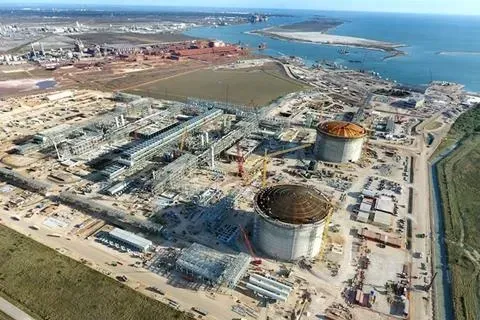
Constructionreview
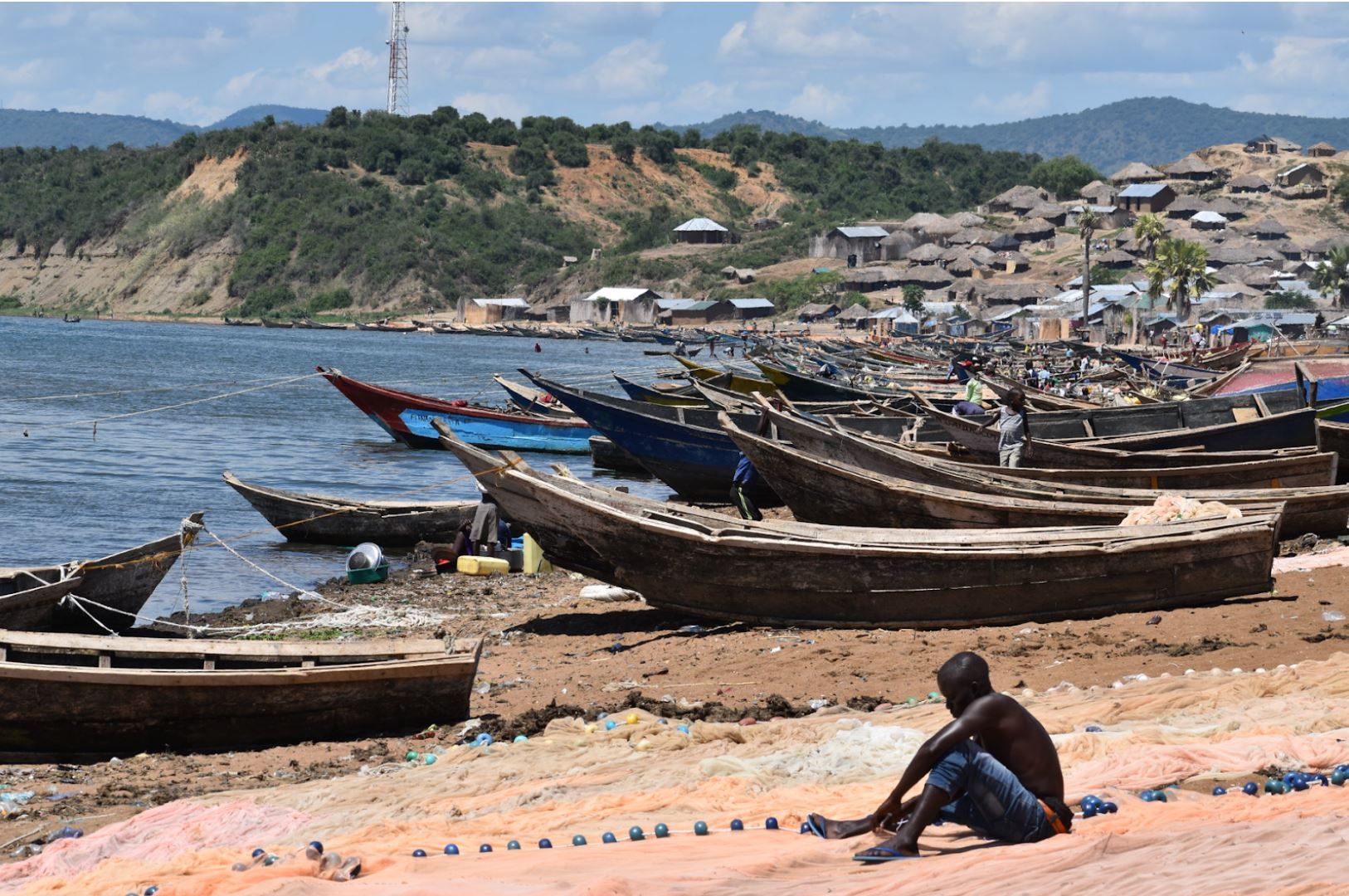
Andrew Bogrand/Oxfam
CNOOC and TotalEnergies:
The East African Crude Oil Pipeline
Destruction of communities, livelihood and ecosystems
Massive deception, land grabs, and destruction of livelihood and ecosystems have jeopardized project financing of the East African Crude Oil Pipeline (EACOP). Both China National Oil Offshore Corporation (CNOOC) and TotalEnergies have a history of human rights abuse charges against them. The pipeline would worsen the global climate crisis and thwart key transition to renewable energy. The African continent holds 39% of the world’s total renewable energy potential.
Chevron in the Philippines
Building geothermal at the expense of the Filipino people and expanding oil production behind a green pledge
To drive home that buying stock in fossil fuel companies such as Chevron is responsible for violation of indigenous land rights, extreme repression in response to resistance, and ongoing environmental degradation that destroys livelihoods and culture, look to the Philippines. While the particular Chevron investment in geothermal in the Philippines that we described in 2023 seems to have ended, Chevron still has a significant presence in this community under martial law.
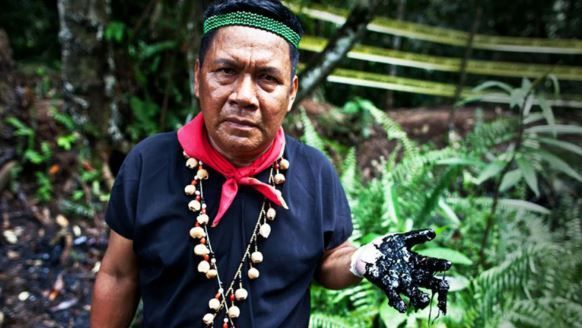
Alexander Zaitchik / Grist
The resistance is global: Image from a similar fight against Chevron in Ecuador, for clean water, which continues even after a court victory.
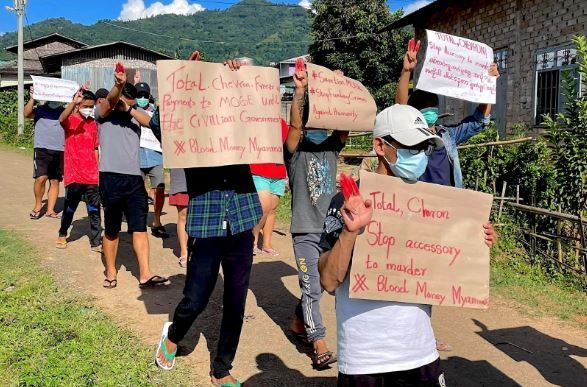
Blood Money/Facebook
Protesters at a 2021 demonstration in Shan State’s Namkham Township hold signs calling on Total and Chevron to stop funding the junta
Chevron and TotalEnergies in Myanmar
Forced labor, humanitarian crisis and dislocation, and terror
Another example of what OST is funding globally when it buys stock in the fossil fuel industries is Myanmar. In Myanmar, gas companies in which the Treasury continues to invest (as of the most recent public data) have been complicit in, and funded, the actions of a regime the United States sanctioned in 1997. They relied on a brutal military and forced labor to support their fossil fuel projects, then used disinformation to distance themselves from the military’s human rights atrocities and downplayed the power they have to stop revenues that support the regime. Chevron belatedly exited the country after redistributing its stake in the gas field to shareholders including the state-owned Myanmar Oil and Gas Enterprise.
Because of these human rights abuses, there is a growing financial risk due to litigation payouts.
"Things have to get worse for the oil companies... Even if they’ve got a pretty good chance of winning the litigation in places, the discovery of pretty clearcut wrong doing – that they knew their product was bad and they were lying to the public – really weakens the industry’s ability to resist legislation and settlements.”
Daniel Farber, a law professor at the University of California, Berkeley
and director of the Center for Law, Energy, and the Environment

